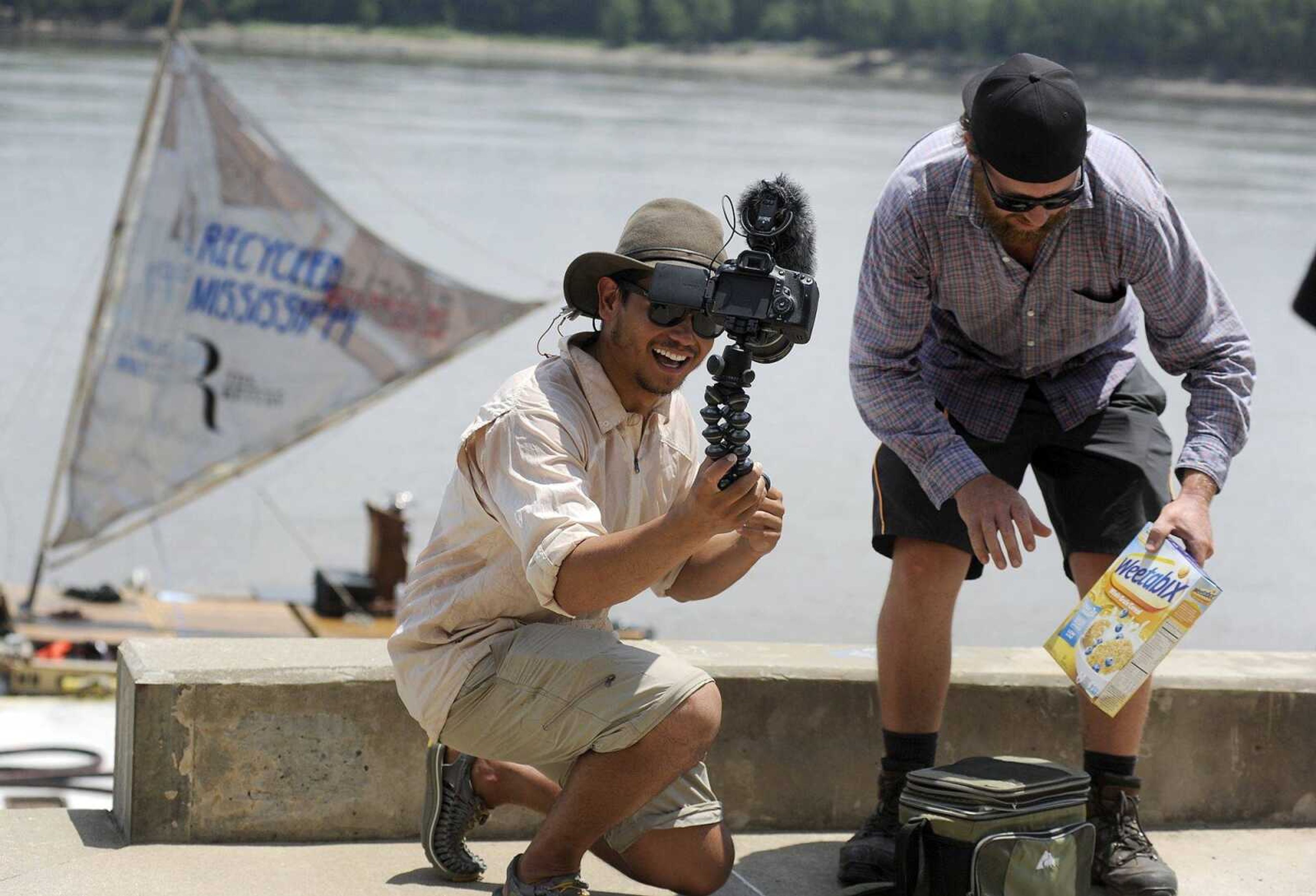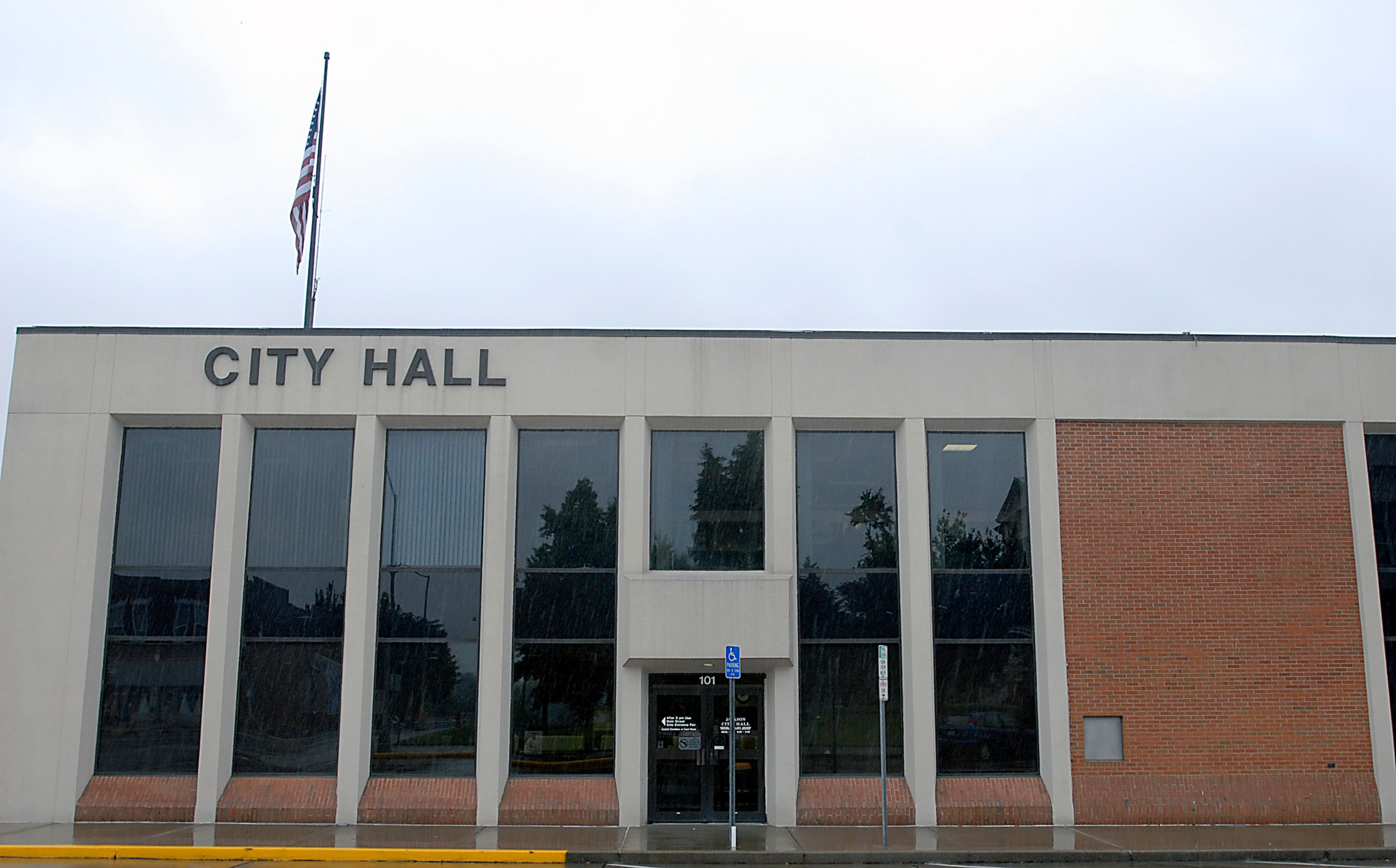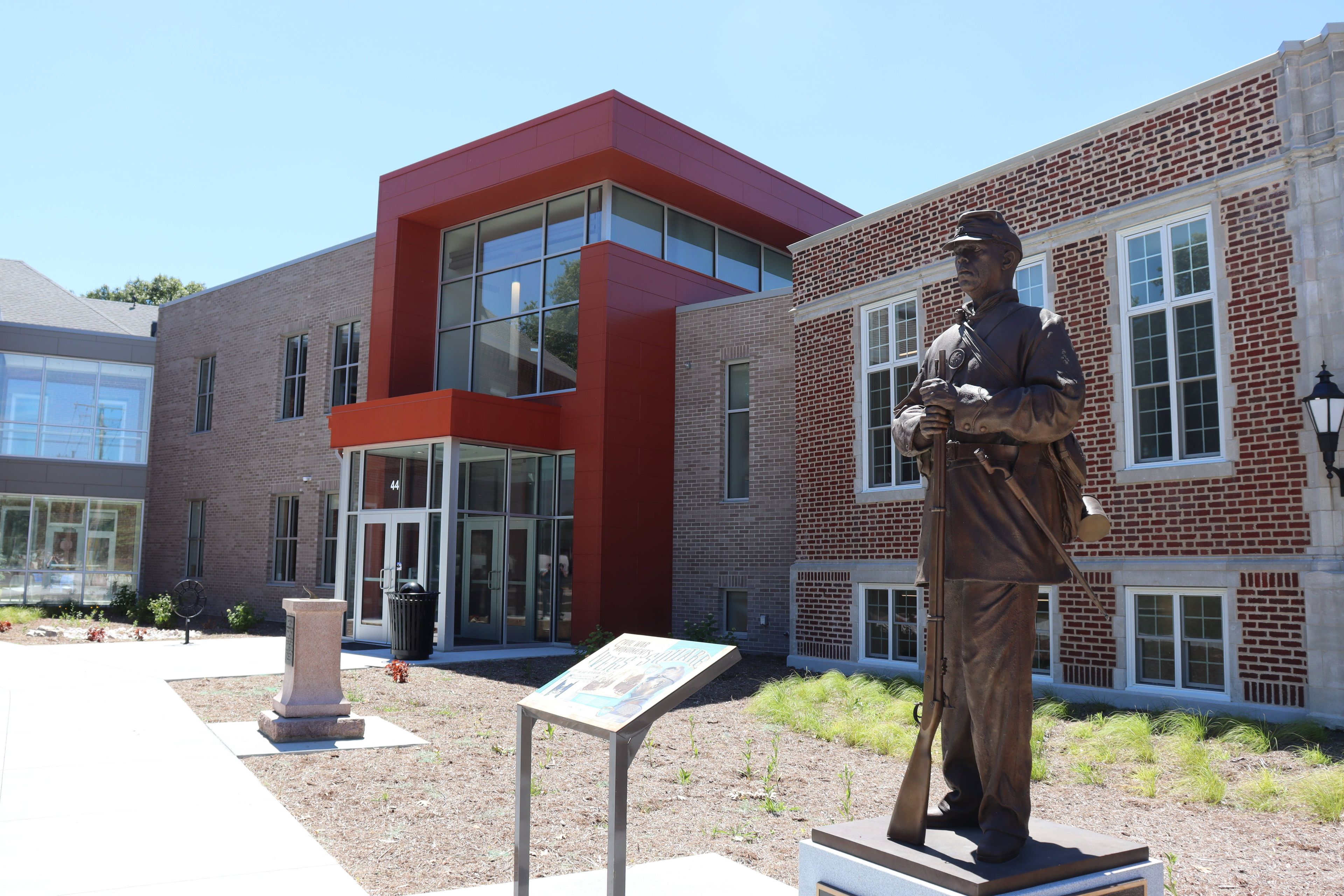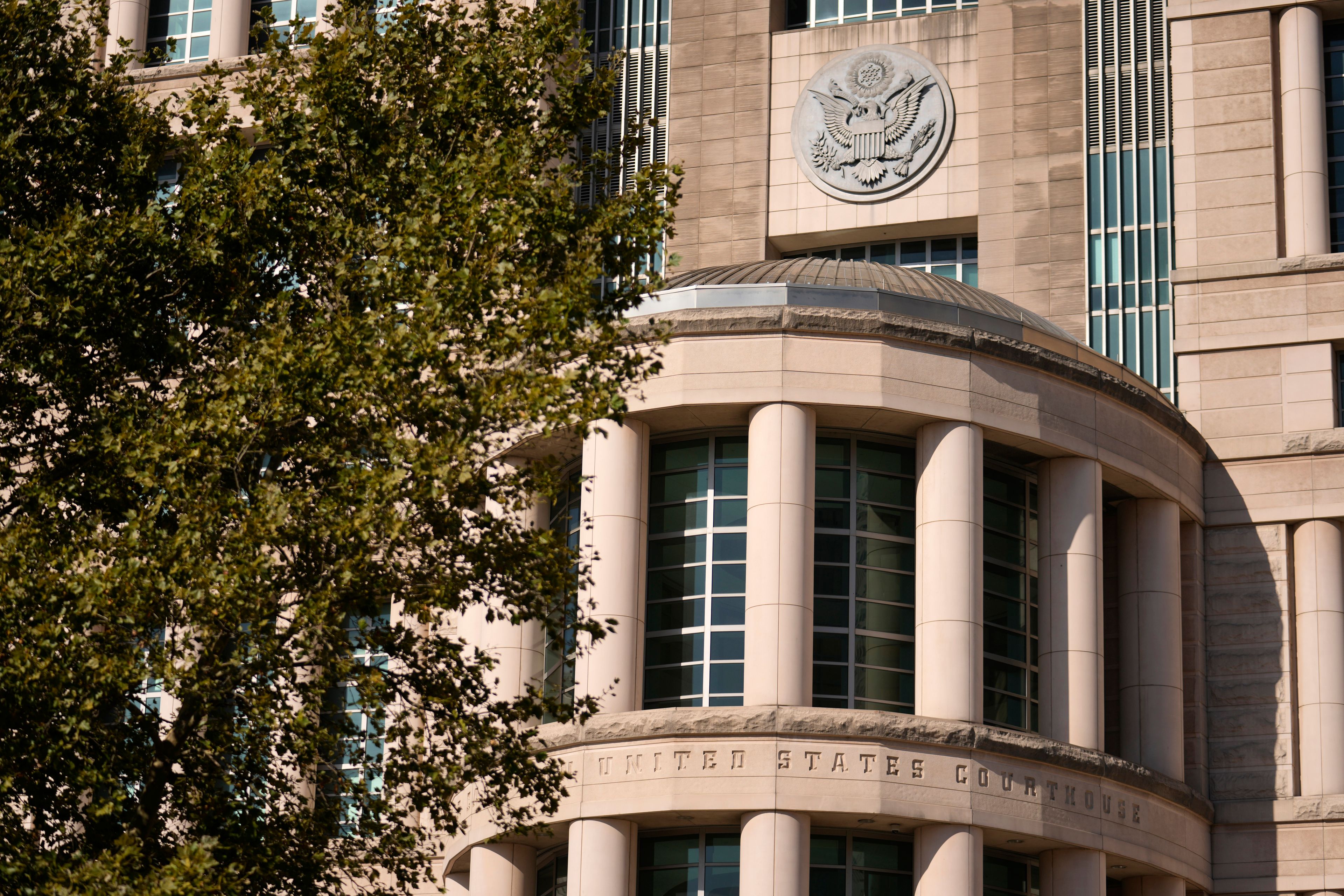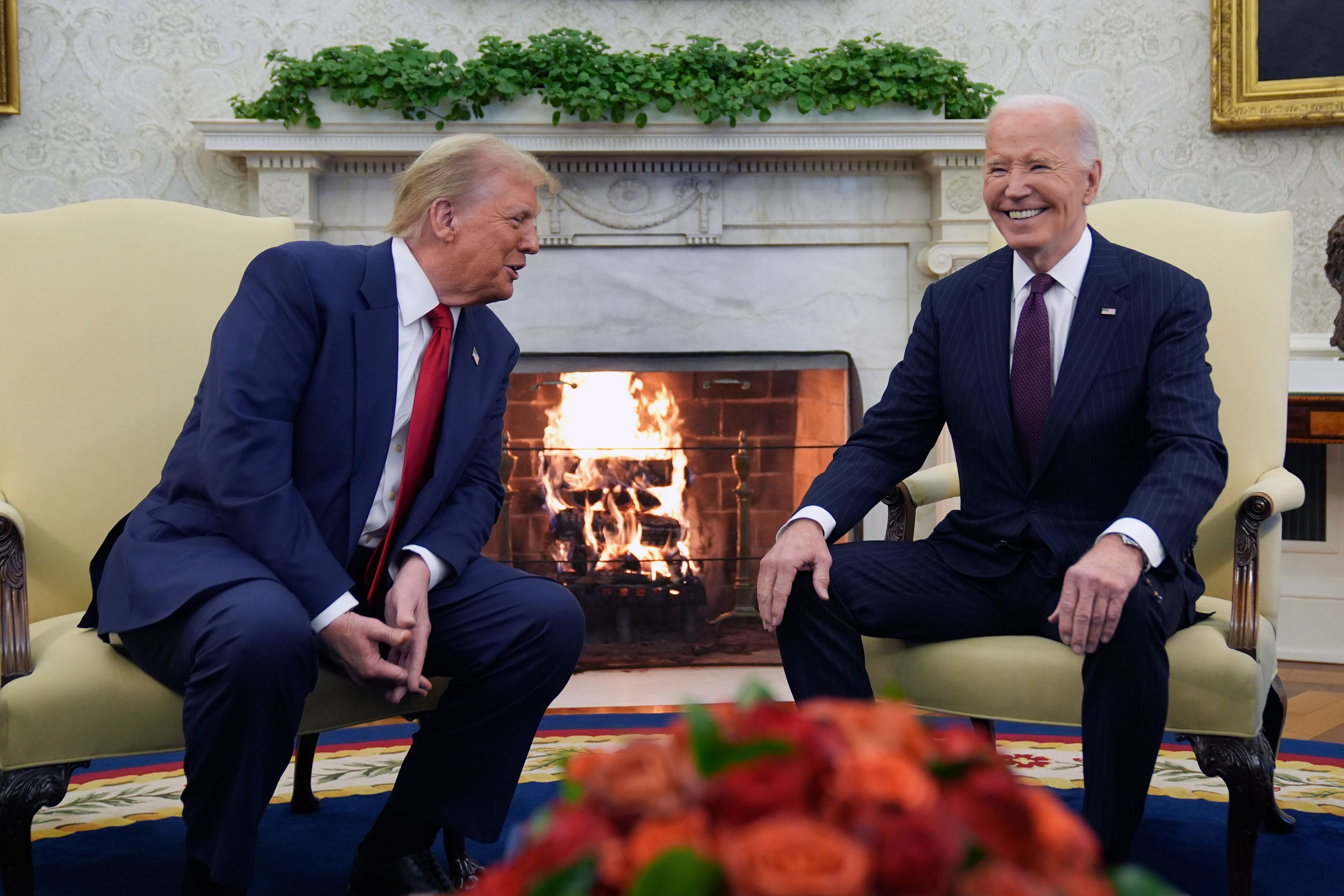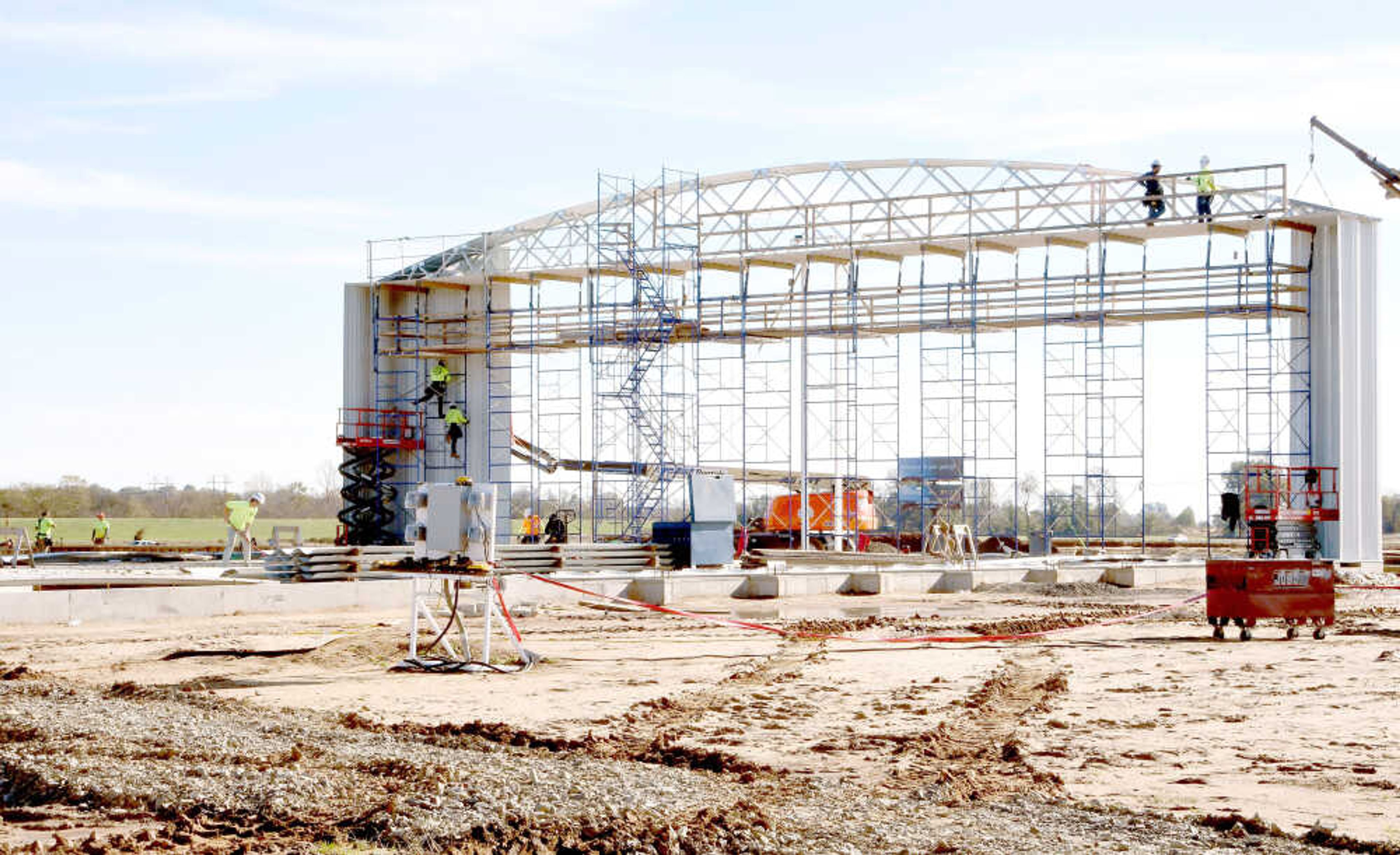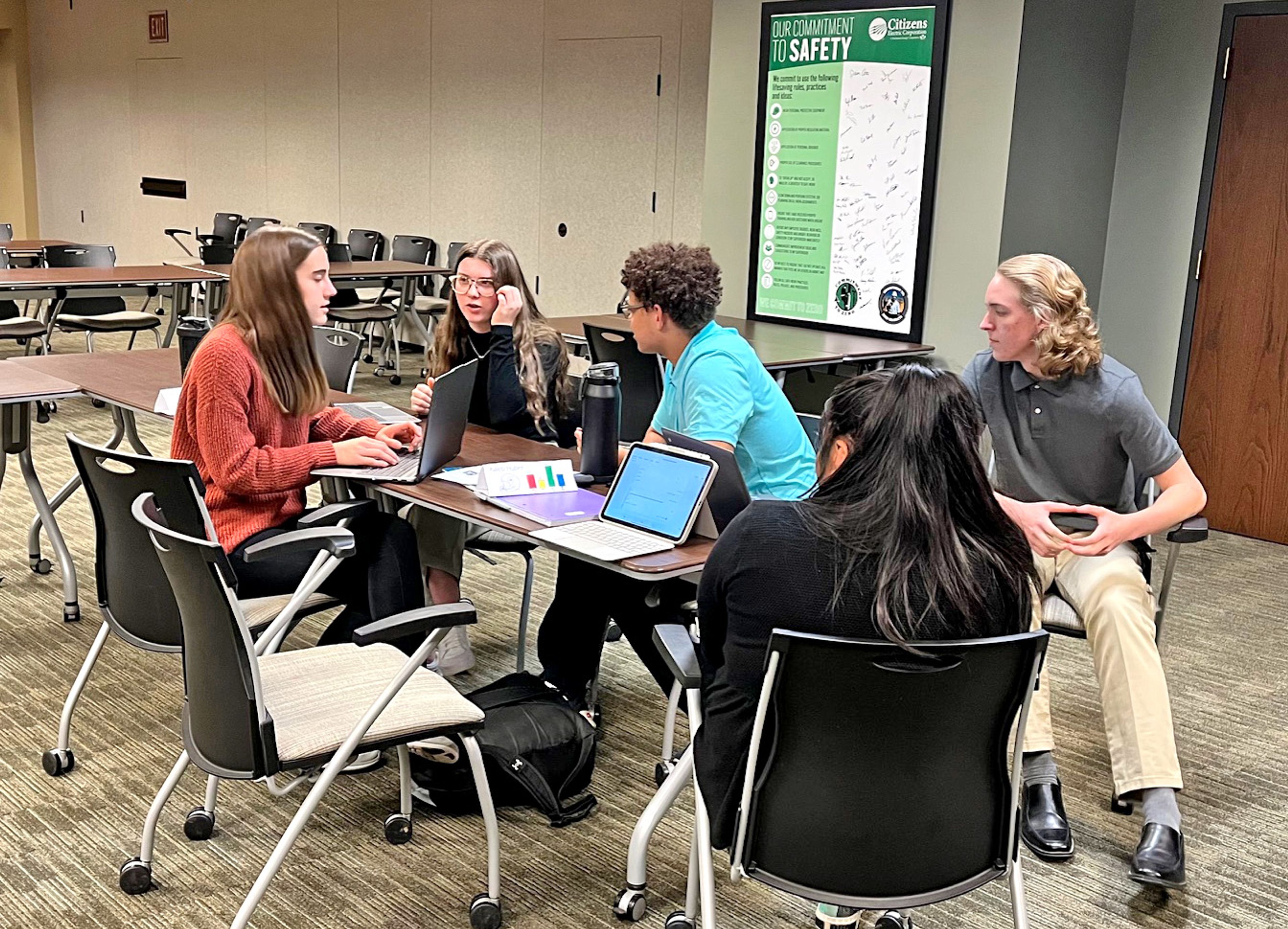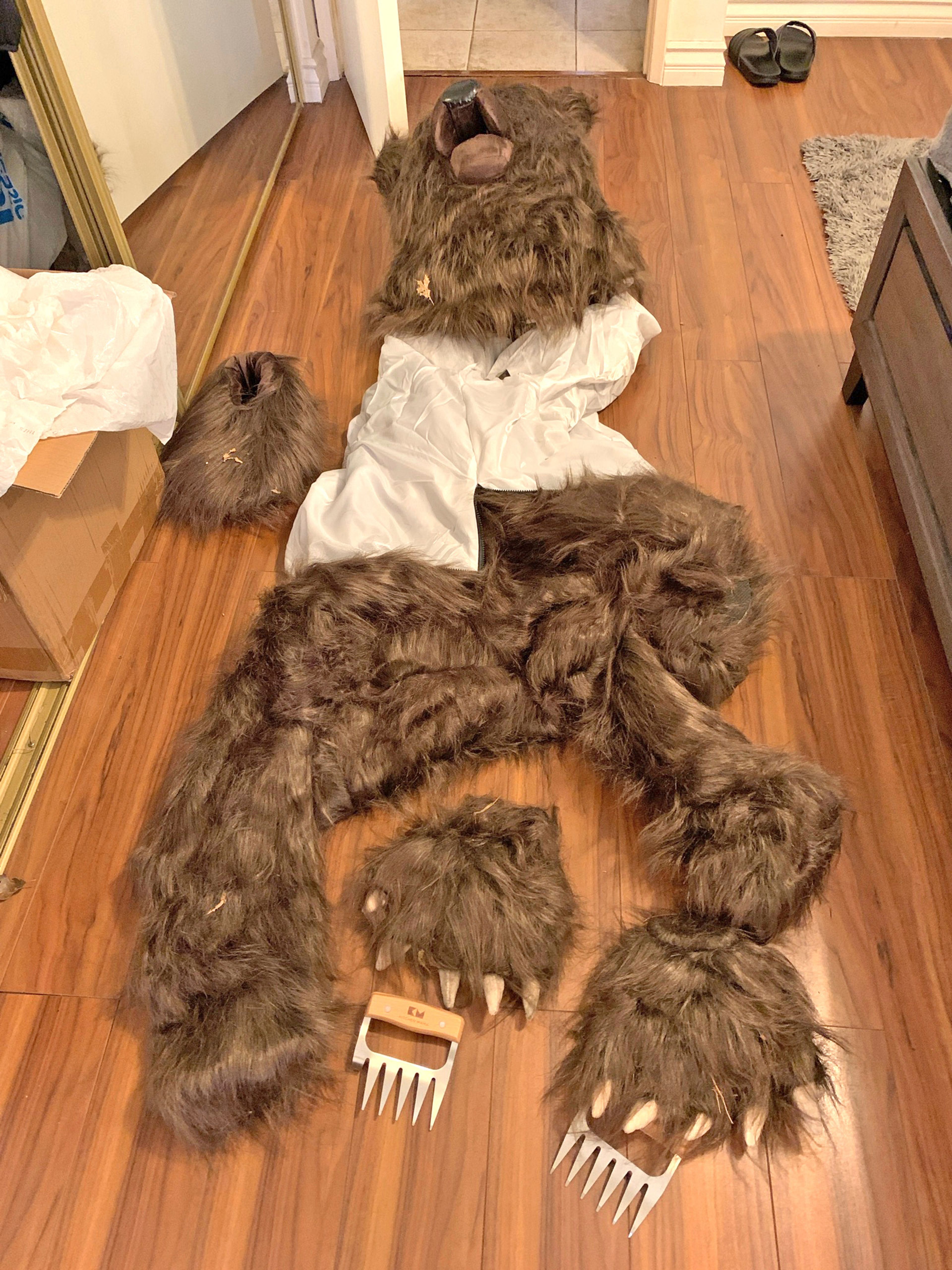Rafters bring recycling message down Mississippi River
Hundreds of plastic bottles are floating in the Mississippi River, traveling south toward the Gulf of Mexico. But this is not pollution, and the bottles are not trash. At least, not anymore. A catamaran named "ioco," built with reclaimed wood from old docks and made buoyant by over 800 recycled water and soda bottles, is making its way down the Big Muddy. Helmed by an international team of environmentalists, the boat and its crew are spreading a message of environmental awareness...
Hundreds of plastic bottles are floating in the Mississippi River, traveling south toward the Gulf of Mexico.
But this is not pollution, and the bottles are not trash. At least, not anymore.
A catamaran named "ioco," built with reclaimed wood from old docks and made buoyant by over 800 recycled water and soda bottles, is making its way down the Big Muddy. Helmed by an international team of environmentalists, the boat and its crew are spreading a message of environmental awareness.
The team is led by Dan Cullum, who has been leading "recycled expeditions" on kayaks made from plastic bottles in New Zealand for the past three years. He is joined on his 19,000-mile journey by Gary Bencheghib, an environmental documentarian; Livio Knori, the captain of the vessel; Hannes Stauffer, who is responsible for the framework and mechanics of the ioco; and adventurers Sebastian Engelhart and Zander Hartung.
Cullum addressed a small crowd of people Tuesday afternoon in Riverfront Park. Representatives from the city of Cape Girardeau, including assistant city manager Molly Hood, city councilman Victor Gunn and Mike Tripp, the city's solid waste superintendent, spoke about the city's efforts to keep the river clean, including the new wastewater treatment plant.
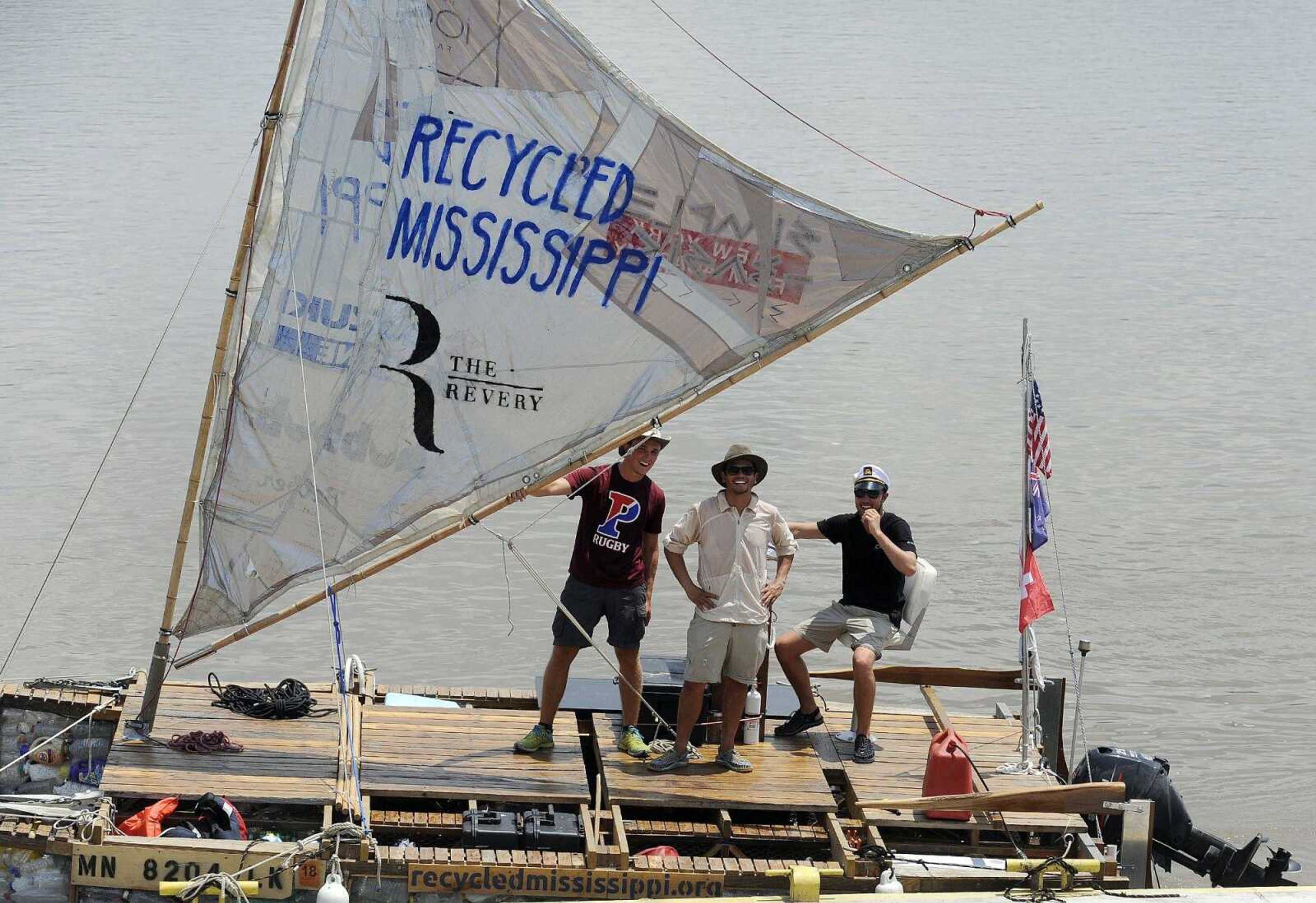
The expedition, called Recycled Mississippi, is meant to inspire others to consider how all waterways can be protected. The boat, Cullum said, is a metaphor for how something considered single-use can be transformed into something greater, to be used again and again.
Along with the goal of spreading an environmentally conscious message from Minneapolis to the Gulf of Mexico, the crew is working on a 40-minute documentary so the movement can reach beyond.
"The overall message is how can we take waste, especially single-use plastics, and give them a second life through proper recycling," Cullum said. "To inspire to think about how do we can produce and consume in a more sustainable way.
"The Mississippi is one of the most polluted rivers in the world, in terms of the discharge in the river," Bencheghib said.
The filmmakers have met with people along the way who have been engaged in protecting the river and those who have simply spent their lives along its banks.
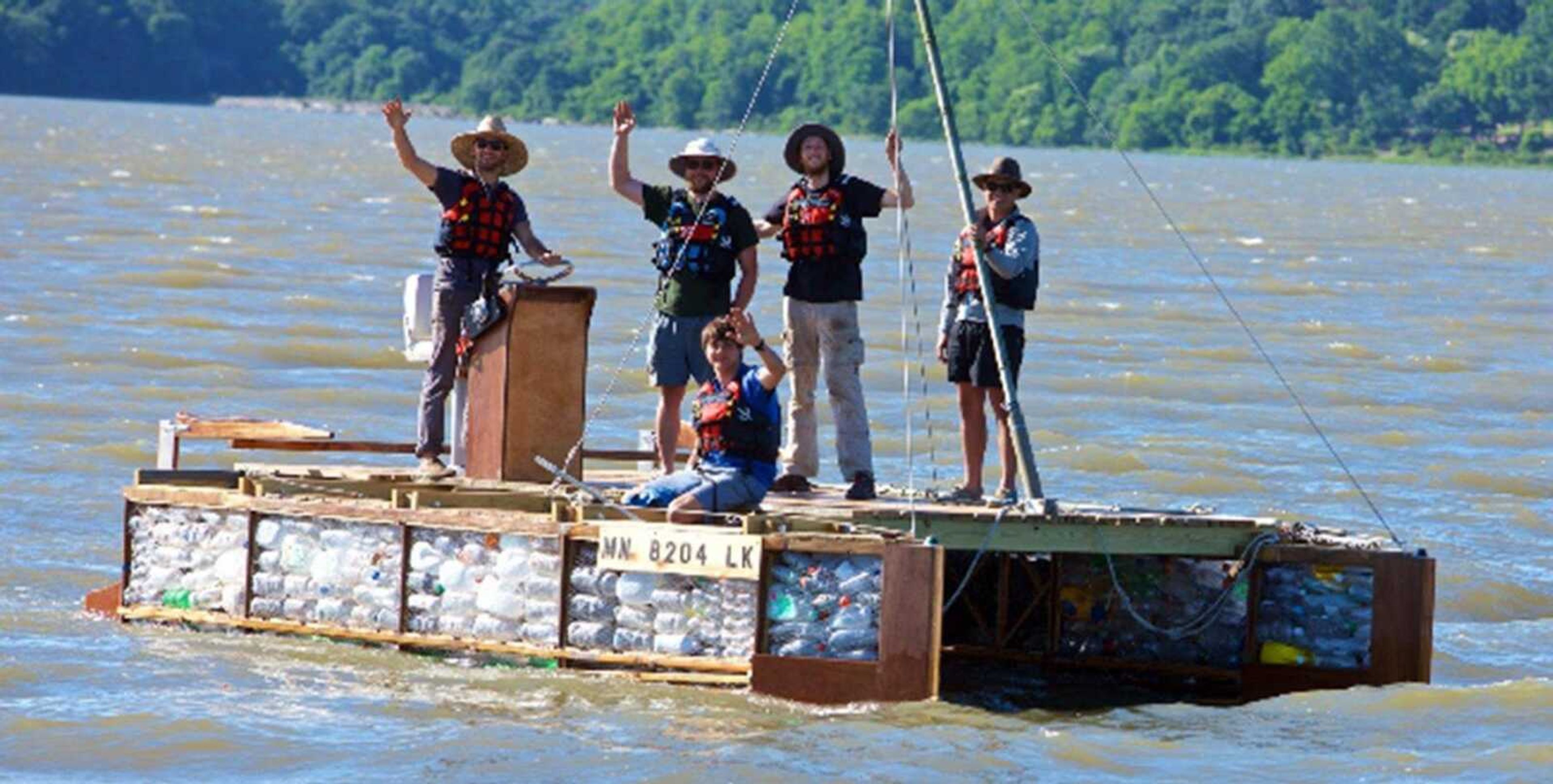
"In the documentary, we want to highlight some of the hope that is present," Bencheghib said.
The expedition also is a test of the crew's mettle as they try to make the entire trip "zero waste" -- creating no trash of their own and picking up what they see along their voyage. Plastic bottles are added to the ship as they come across them.
"Zander hangs off the side and scoops them up," Cullum said. "He's got the longest reach."
Cullum said in all his kayak expeditions, he has never lost a bottle, and backup systems are in place to ensure this expedition is no different.
"I'm confident they will absolutely not come out," Cullum said.
Sailing has been relatively smooth since the travelers set out in June. They knew their raft would share the waterways with enormous barges, and they have managed well. The weather has caused some delays, but they still are on schedule, Cullum said.
The crew will leave Cape Girardeau set sail south this morning. Traveling 30 to 70 miles each day, depending on the speed of the river, they expect to reach the Gulf of Mexico by the end of August.
Cullum expressed appreciation to the city of Cape Girardeau for the crew's reception.
"This is the warmest welcome we've had all down the river," Cullum said. "It's a testament to how the city government reached out to us way in advance. That was so kind."
To learn more about the Recycled Mississippi project, visit recycledmississippi.org.
bbrown@semissourian.com
(573) 388-3630
Connect with the Southeast Missourian Newsroom:
For corrections to this story or other insights for the editor, click here. To submit a letter to the editor, click here. To learn about the Southeast Missourian’s AI Policy, click here.

